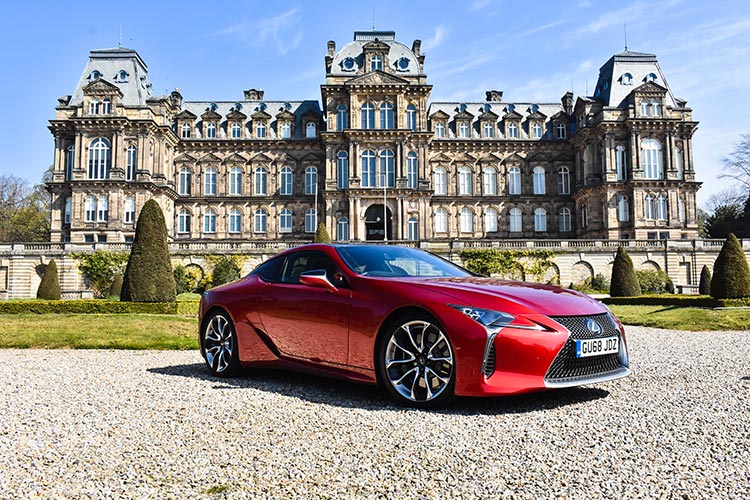Buying a car for your family or personal use is a necessity. Nowadays, that one-minute differential when going from one place to another is so crucial that people would pay more to get there faster. That is why cars, the solution to that problem, are now a necessity, not luxury. They are considered essential for mobility in the modern era. Everybody wants to get their hands on it.
But, it’s not always that easy.
Enter The Car Dealership
If getting your car and driving it is as simple as brushing your teeth, even toddlers can be professional racers. There is that “gatekeeper” that awaits your car purchase. They are called vehicle local distribution or commonly known as car dealerships.
Despite a bad rap, car dealerships might just be the best sidekick on your next car purchase. We’ll explain how by giving you the most common myths about car dealerships.
Fact vs. Myth about Car Dealerships
Absurd Mark-up Rates
Most would think that car dealers are out to rip you off with their absurdly high mark-up rates. However, from car dealership owners themselves, this is not true. They argued that if the price is so high that it scares off customers, they’ve failed as a car dealership.
Car dealers confessed that they average a return of around $200-$300 for used display cars and approximately $1,000 for new ones. The average rate, most of the time, does not exceed 7%.
Worst Price First
Technically, it’s not the worst price but the standard one. This is especially true for cars that have been displayed longer than it was intended to. Dealers would look to sell them off quickly and remove them rather than try to rip out more from the client.
Thus, the first price they would offer is already quite a good deal. If the customer would like to haggle, however, they still have some room –so technically it’s not the worst but the middle ground for the deal.
Hidden Fees
This has been known to be masked under varying and confusing names like “preparation and security fee” or “package fee,” but they aren’t really hidden. If you want, the dealer can explain those on the price quote. If some are marked under optional charges, then you can opt not to include them.
Cash Is Better
Car dealerships would agree that this is an absolute no. Rather than cash, they say financing would get you the best deal. This is because whoever finances it pays a reserve to the dealership whose percentage does not go lower when the customer pays with cash. This reserve is not hidden but is between the financer and the dealership.
Also, dealerships tend to sell on a payment schedule, which means you’re getting the short end of the deal and pay more while having lesser discounts – if you pay cash in bulk.
Look for Bank Loans
It’s every potential car owner’s responsibility to first gauge what deal is better – by going to both the dealership and the bank. It is mostly advised to just go straight to the dealership. Why? It’s because the dealership acts as brokers of the car for your bank or lender.
Most of the time, dealerships give a better rate than loans coming from the bank. This is also done with less hassle for you compared to filing all that paperwork and going through all those interviews at the bank. Dealerships are arguably better in arranging an ideal win-win scenario.

End-of-the-month is The Best Day
Unlike those mentioned before this, this can be true – depending on the situation. There is a bonus on the dealers’ monthly sales at the end of the month, and a quota to be reached. In that case, the end of the month would be optimal. However, some dealership owners say that middle of the month is best because most dealerships already anticipate the end of the month boost. Therefore, those dry days in the middle with no numbers for sales is the optimal time to strike. This period is when owners of dealerships push their workers to seal some deals to secure the month’s sales quota.
Conclusion
Like any other businesses, car dealerships pay a lot of things. They pay tax, rent, wages, insurance, maintenance, electricity, etc. Contrary to popular belief that they earn millions from sharking off their customers, the numbers don’t support this myth.
If the dealership makes around $60,000-$70,000 in a month, the owner’s return would only be approximately $15,000-$20,000. There are no millions on that scale. Therefore, when thinking of going to the car dealer, it’s best to know how to tell fact from myth.















